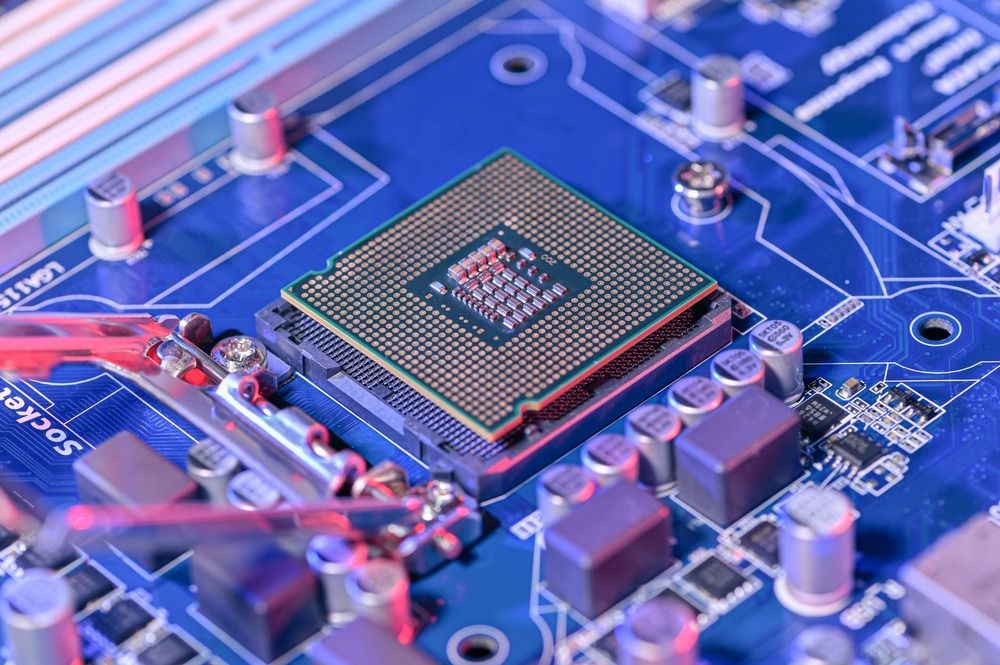Wow…even I was amazed by these stats and timeline… and I am an unapologetic optimist and futurist who wants to live forever lol.
This video is a synopsis of our research report “Rethinking Energy 2020–2030: 100% Solar, Wind, and Batteries is Just the Beginning” that was published on October 27th, 2020 and is available for download free of charge from our RethinkX website https://www.rethinkx.com/energy.
We are on the cusp of the fastest, deepest, most profound disruption of the energy sector in over a century. Like most disruptions, this one is being driven by the convergence of several key technologies whose costs and capabilities have been improving on consistent and predictable trajectories – namely, solar photovoltaic power, wind power, and lithium-ion battery energy storage.
Our analysis shows that 100% clean electricity from the combination of solar, wind, and batteries (SWB) is both physically possible and economically affordable across the entire continental United States as well as the overwhelming majority of other populated regions of the world by 2030. Adoption of SWB is growing exponentially worldwide and disruption is now inevitable because by 2030 they will offer the cheapest electricity option for most regions.
Coal, gas, and nuclear power assets will become stranded during the 2020s, and no new investment in these technologies is rational from this point forward. But the replacement of conventional energy technology with SWB is just the beginning. As has been the.






